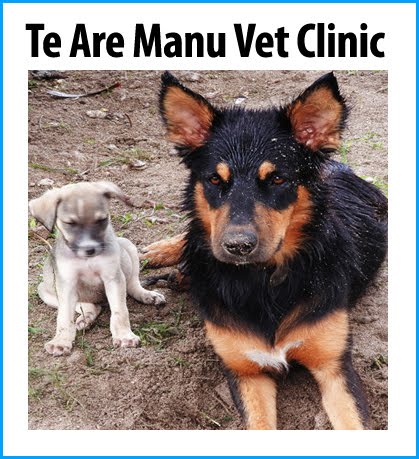Sunday, July 31
Te Maeva Nui float parade kicks off constitution
2011 marks the 46th celebration of internal self-governance for the Cook Islands.
Te Maeva Nui celebrations got under way on Friday with a float parade. This always marked the start of the constitution festivities on Rarotonga but over the past few years it dwindled away and in fact last year the parade was cancelled.
This year, though, we had great weather and about forty floats from government departments, businesses, NGOs, schools and local and international communities. They started from the western harbour at Avatiu and snaked through town to Avarua where politicians, dignitaries and a large crowd watched the opening ceremony. Thousands of people were involved either as spectators or on the floats.
The parade started at midday and was scheduled to take about two hours but, as usual, things over-ran, probably because of the performances the floats put on when they got to the judging area, and there were very long hold ups. Must have been tough for the people taking part, especially some of the little kids, but they sang and danced while they waited and everyone had a good time.
It’s always nice to see the outer islanders because they’re so full of energy and good humour. The government chartered a Samoan ferry to transport the northern group islanders while those from the southern group flew in.
The winning entrant was from the Ministry of Infrastructure and Planning (MOIP) with a recycling theme of crushed cans and plastic bottles. TAV’s fashion float came second and Manihiki Enua third. Aitutaki’s bonefishing promotion was judged the best southern group entrant and Rakahanga the best from the north.
Other winners included primary school – Avarua; secondary school – Tereora; government – Ministry of Justice; NGO – Red Cross; local community – Puaikura; International community – Samoa; business – Budget; most entertaining – Pukapuka.
Te Maeva Nui will continue with choir, imene tuki and cultural dance competitions as well as trade days when outer islanders can raise money by selling crafts and food.





